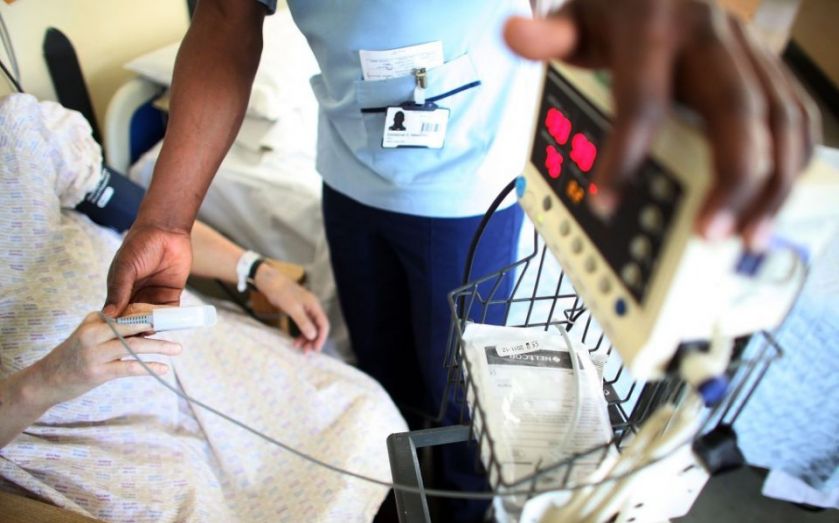The rise of the expert patient has the power to transform the NHS

The productivity of the NHS isn’t just important for our health. At 7 per cent of GDP, it matters for the whole economy. And this is why the next Parliament must see an efficiency revolution in the NHS, greater than any seen elsewhere or in the UK before.
One important idea at the heart of NHS England chief executive Simon Stevens’s vision to meet this challenge is to use patients as a source of “renewable energy” for the NHS. Rather than a cost, patients would be an asset to the health service. Each person with a long-term condition already spends 5,800 hours each year caring for their health outside of NHS services. They are an expert in their own condition. According to new research from Reform, harnessing this hidden workforce could save the NHS £2bn by 2020.
Involving patients in their health and care can both improve outcomes and use of resource. And if individuals lead healthier lifestyles, they are less likely to demand medical treatment in the first place. New technology can enable patients to do jobs previously carried out by clinicians – diabetics measuring their own blood sugar levels, for example. Unnecessary visits to A&E units fall when patients better understand their conditions.
Indeed, this revolution has already begun. Technology and consumer expectations are changing healthcare under our feet. Patients are consulting diagnostic information online and monitoring their health and exercise through their smartphones. People are spending more on their health and wellbeing than ever before, and the value of informal care, provided by friends and family members, is rising faster than the NHS budget.
Yet while patients want to be more involved in their care, progress within the NHS has been slow. Instead, private and third sector innovators are going direct to the consumer to give patients greater control over their health and the services they use. These disruptors have helped the “expert patient” to emerge more quickly outside the NHS than from within.
In primary care, patients are becoming increasingly frustrated with lengthy waits to see a GP and inconvenient opening hours. A new app called Babylon allows patients to Skype a doctor through their smartphone and be seen within the hour. UK-based Dr Thom even allows patients to order prescriptions online, to be delivered to their front door.
Elsewhere, social networking sites, such as PatientsLikeMe and iWantGreatCare, are giving patients a forum to learn from each other, track their conditions and provide feedback on services. Leading insurance companies have responded to the growing cost of preventable disease, with providers such as Vitality charging lower premiums for members who buy healthy food or exercise regularly.
The NHS cannot afford to lag behind. Industries such as banking and retail have long used digital technology and customer insight to harness the contribution of the consumer. The “expert patient” should be a big part of the future of the NHS.